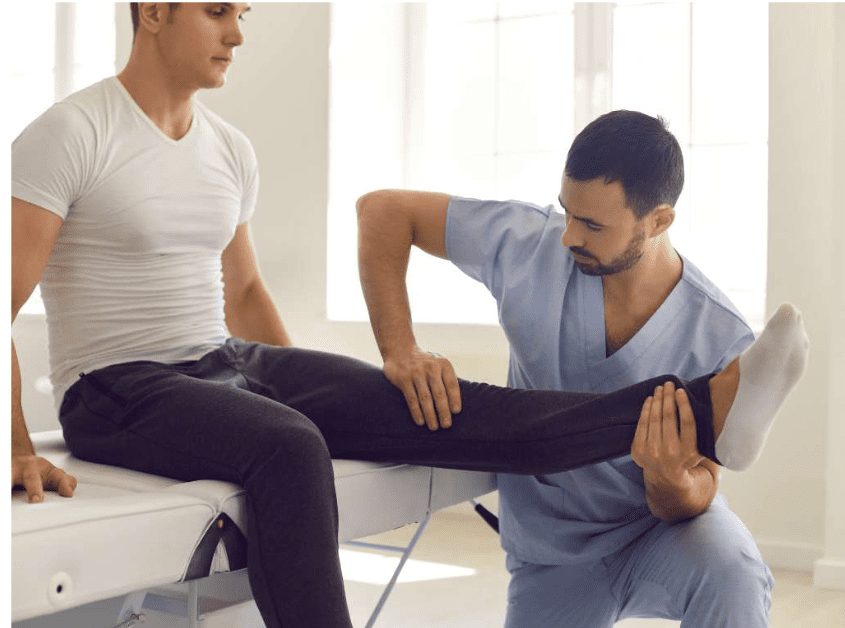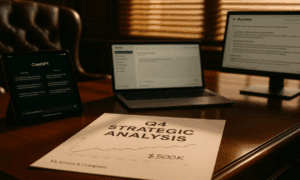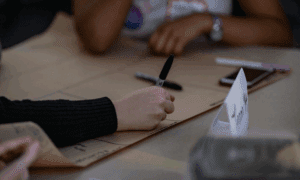Construction sites are dangerous and expose employees to all kinds of hazards: injuries from crushing, serious injuries from falling, electrocution, inhalation of toxins, etc. In the cases where accidents happen, and they are catastrophic resulting in legal discussions over the liability for repairs or compensation – expert witnesses are quite relevant and can explain the medical, technical and legal aspects of the situation to lawyers, judges or insurers. The role of the expert witness is to offer facts, provide measurements for the bodily injuries, check compliance with standards, and ultimately ensure fair decision-making.
The definition of an expert witness for the construction site procedure
Expert witnesses are professionals who are known for their specialist knowledge in a specific field that is relevant to the dispute. They are required to provide their opinions in the course of a legal case or an agreement to settle the dispute. In contrast to a fact witness who recounts the events they witnessed or heard, an expert witness gives an analysis using their scientific or technical knowledge. In cases of construction injuries, experts can come from a variety of backgrounds, including occupational medicine, engineering, safety on construction sites, as well as ergonomics, architecture and even toxicology.
The medical witness: determining the nature and severity of injuries to the body
The medical professional is typically the first to respond in the event of a dispute due to an injury sustained on a construction site. He evaluates the injured person, examines the medical record, evaluates the degree of injuries and their possibility of reversibility, the degree of disability, pain and the impact on his personal and professional life. He drafts a forensic specialist study, which is the basis for determining how much of compensation. His job is vital in identifying the hurt by calculating the extent of the harm and anticipating the needs to come that the individual victim will require (rehabilitation and assistance, as well as modifications to the home ).
The expert in work safety assesses the site’s conditions.
In the event of an accident, there is a need to establish whether the safety standards have been met. An expert in occupational safety reviews the safety equipment that is on site: personal protective equipment ( harnesses, helmets) and barriers, signage and obligatory education, emergency procedures, and so on. He will identify any defects, mistakes or negligence. His report can be used to determine the responsibilities, in particular if the manager, the employer manager, or the SPS coordinator failed to fulfil their commitment to prevent.
The engineer of the building or technician: analysis of the structure and material
Certain construction accidents claim NYC are triggered by structural or equipment failure, such as unstable scaffolding, poor maintenance of crane walls, wall collapse, cable breakage or breakage, etc. In these instances, a specialist witness from engineering for buildings is called in to investigate the causes of the catastrophe. He can examine plans, calculations of strength, as well as the materials used in maintenance reports. His experience helps differentiate an accident that was unforeseen from a construction or design error and determine if the subcontractor, manufacturer, or client is the one responsible.
The Ergonomist: Understanding human factors that cause accidents
In certain instances, injuries are caused by excessive fatigue, poor posture, or a poor work environment. The ergonomics expert examines the victim’s workplace environment, the equipment used, the layout of the area, as well as the scheduling and the work pace. The expert can prove that the posture used was not well-adapted, that the worker did not receive the proper education, or that human aspects were ignored. This is particularly important when the cause of the incident is not only technical, but rather is due to poor thought-out working conditions.
The industrial hygiene or toxicology expert is responsible for accidents that are caused by hazardous substances.
Certain workers are exposed to harmful chemicals and harmful dusts, or hazardous gases, which can cause accidents or occupational-related diseases. A specialist witness for toxicology studies the extent of exposure, as well as the protection equipment that is available, and the impact of the chemicals on the body, as well as the relationship with the observable symptoms. He may intervene to determine the link between the workplace and the pathology that has developed, specifically in cases of chemical burns, poisoning or respiratory diseases.
The process for expert witness interventions
The expert witness can act following a precise method that includes a thorough study of the case (accident medical, technical, or accident) as well as a visit to the site, if required, interviewing the parties involved, discussion of the current standards and drafting an unbiased as well as well-thought-out document. The report is filed into the case file or handed to the lawyers in order to facilitate negotiations that are amicable. It could be challenged and examined by a counter-expert, or even presented in an adversarial hearing, in which witnesses can be asked to defend their findings in front of the judge.
The legal authority of expert opinions in cases of dispute
Expert reports are frequently used as evidence in court decisions, provided that they are comprehensive and well-argued by a reputable expert. They permit individuals to decide on their disputes by avoiding subjective interpretations and base compensation on the facts. In cases that are complex, expert witnesses may be involved simultaneously, each with their respective fields. The New York city lawyer locality opinions can be combined to allow an in-depth study of the situation. These reports don’t bind the judge, but he views them as important conclusions.
The criteria to select experts as witnesses during a process
The selection to use an expert witness can be suggested by lawyers, endorsed by parties or chosen by the court. The basis for this is competence in the field, independence, experience, and recognition of professional status. In certain instances, the courts maintain official lists of experts approved by the courts for medical, technical or security issues. The person must choose as a witness is capable of articulating the reasoning behind his or her decision in a clear and concise way, since they could be asked questions in court or confronted with challenges.
A human as well as an emotional aspect of witness testimony by experts
Beyond their professional responsibilities, experts are usually the only ones who can engage in a deep dialog with the victims. Through being able to understand their pain, everyday life, their post-consequences or their limitations, they can give significance to the scales and figures and bring a human aspect to the ailment. Ergonomists or medical professionals are especially aware of this aspect and are careful to convey the experience of the individual who was injured accurately, and this affects the amount of the compensation.
Recent developments regarding the role of experts as witnesses
Expert witnesses’ role is increasing with the integration of virtual reality to replicate an actual construction site, using biometric sensors for measuring the effectiveness of an individual’s efforts, and the application of artificial intelligence to study huge quantities of technical information. Their involvement is increasingly multidisciplinary and their collaboration with attorneys, doctors and businesses is growing. Additionally, the courts are progressively advocating for the application of expert knowledge during the friendly stage before any legal proceeding, to speed settlements and reduce litigation.



































